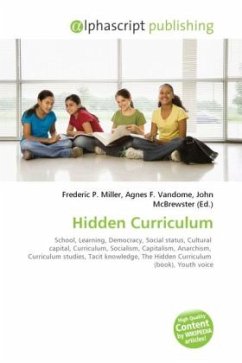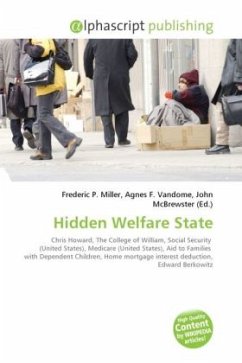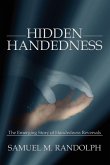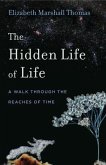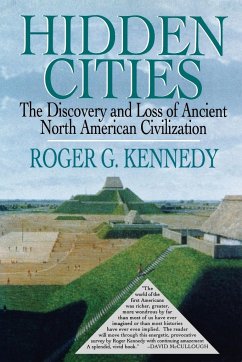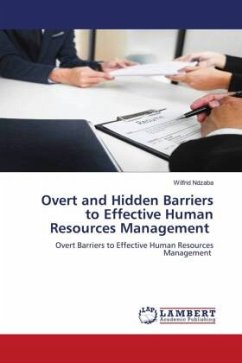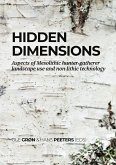Hidden curriculum, in the most general terms, is some of the outcomes or by-products of schools or of non-school settings, particularly those states which are learned but not openly intended. However, a variety of definitions have been developed based on the broad range of perspectives of those who study this phenomenon. Any setting, including traditionally recreational and social activities, may teach unintended lessons since it is tied not necessarily to schools but rather to learning experiences. But most often, hidden curriculum refers to various types of knowledge gained in primary and secondary school settings, usually with a negative connotation referring to inequalities suffered as a result of its presence. This attitude stems from the commitment of the school system of the United States to promote democracy and ensure equal intellectual development, goals that are hindered by these intangible lessons. In this context, hidden curriculum is said to reinforce existing social inequalities by educating students in various matters and behaviors according to their class and social status.
Bitte wählen Sie Ihr Anliegen aus.
Rechnungen
Retourenschein anfordern
Bestellstatus
Storno

